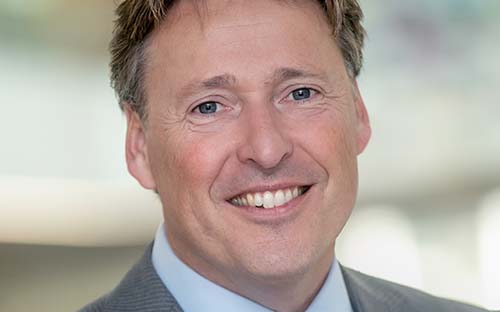The coronavirus crisis and subsequent lockdown have finally given real clarity on how to evaluate companies’ ability to tackle social issues, “crystallising” what the S in ESG [environmental, social and governance] really means, argues Bas NieuweWeme, chief executive of Aegon Asset Management.
Historically the social element of ESG has always been more challenging to evaluate as it typically relies on qualitative measures with limited means to assess actual performance.
However, the severe impact from coronavirus and the changes to the way people have had to both work and live means this has very much now come to the fore.
The lockdown has allowed a crystallisation of the real performance on social issues versus mere policies and positioning.
We can now look at how companies have behaved during this crisis. For example, are they providing employees sufficient equipment and appropriate facilities to do their jobs, have they shared the burden of the crisis when it comes future board remuneration, and have they abandoned their employees or customers in these difficult times?
The importance of employees’ health and safety in terms of both mental and physical wellbeing has risen in prominence during the lockdown and is at the forefront of our emergence from it.
Previously we have usually relied on discussions with executive boards, while assessing policies on areas such as diversity & inclusion, childcare and flexible working among others, while using sites such as Glassdoor to get a feel for corporate culture. Key events sometimes highlight poor performance on social issues and provide us with an opportunity to engage with the worst performers, but coverage is limited to what is reported publicly.
Going forward, we will be keeping a close eye on how companies implement new rules and regulations around employees’ safety and wellbeing, and on the executive and shareholder remuneration of those companies accepting public bailout funds.
More broadly in terms of markets and the economy, the current crisis was a clear catalyst for change.
From an investment perspective, if there is any good to come from this episode, it is the fact it has created greater awareness about Environmental, Social and Governance issues.
In respect to the environment, I think many of us have enjoyed that during lockdown there has been less pollution and consequently fresher air, while nature has seemingly started to reclaim some of our urban environment. There is also some preliminary scientific research pointing to links between air pollution and Covid-19 mortality. These, as well as other factors mean environmental standards will come under increasing scrutiny post pandemic.
© 2020 funds europe





